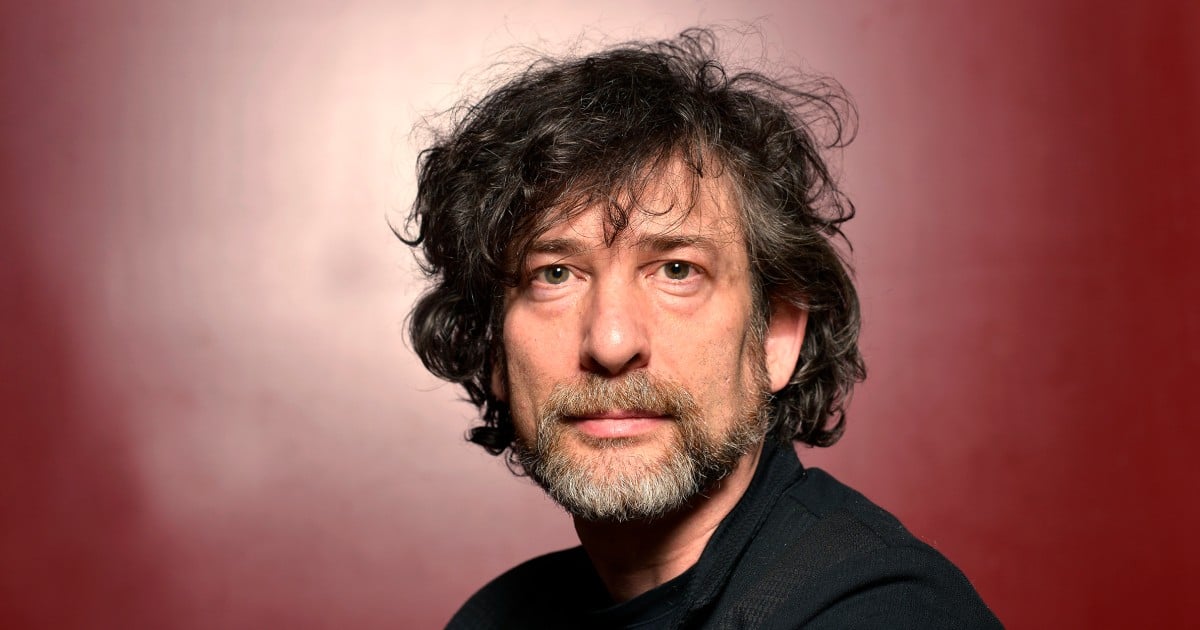- cross-posted to:
- [email protected]
- cross-posted to:
- [email protected]
Leaked emails show organizers of the prestigious Hugo Awards vetted writers’ work and comments with regard to China, where last year’s awards were held.
Organizers of the Hugo Awards, one of the most prominent literary awards in science fiction, excluded multiple authors from shortlists last year over concerns their work or public comments could be offensive to China, leaked emails show.
Questions had been raised as to why writers including Neil Gaiman, R.F. Kuang, Xiran Jay Zhao and Paul Weimer had been deemed ineligible as finalists despite earning enough votes according to information published last month by awards organizers. Emails released this week revealed that they were concerned about how some authors might be perceived in China, where the Hugo Awards were held last year for the first time.



Decent writeup by Charles Stross:
https://www.antipope.org/charlie/blog-static/2024/01/worldcon-in-the-news.html
The mode of operation of WorldCon/the Hugos seems interesting as in “May you live in interesting times”
Edit: fixed auto-co-wrecked spelling of Charles Stross
Indeed. Quite decent.
lolyikes